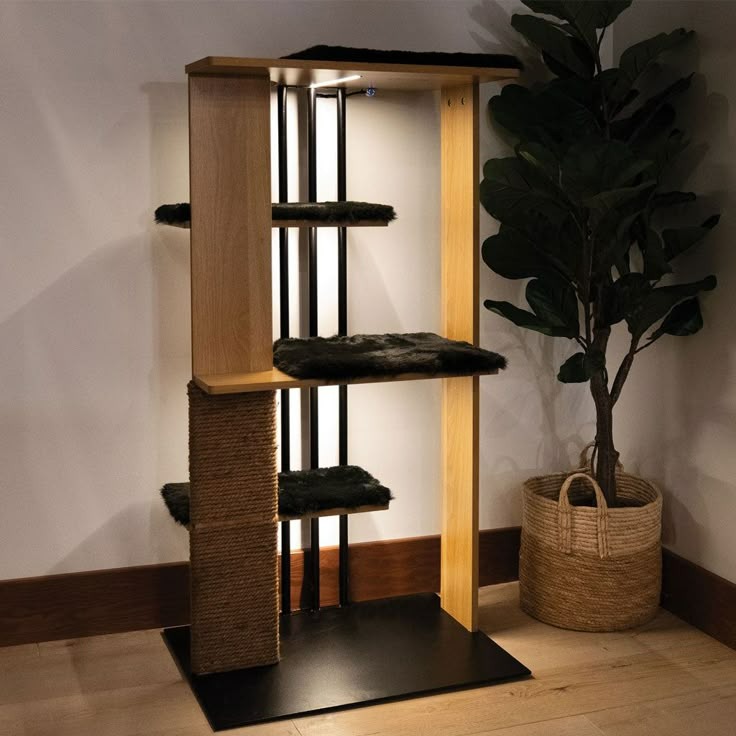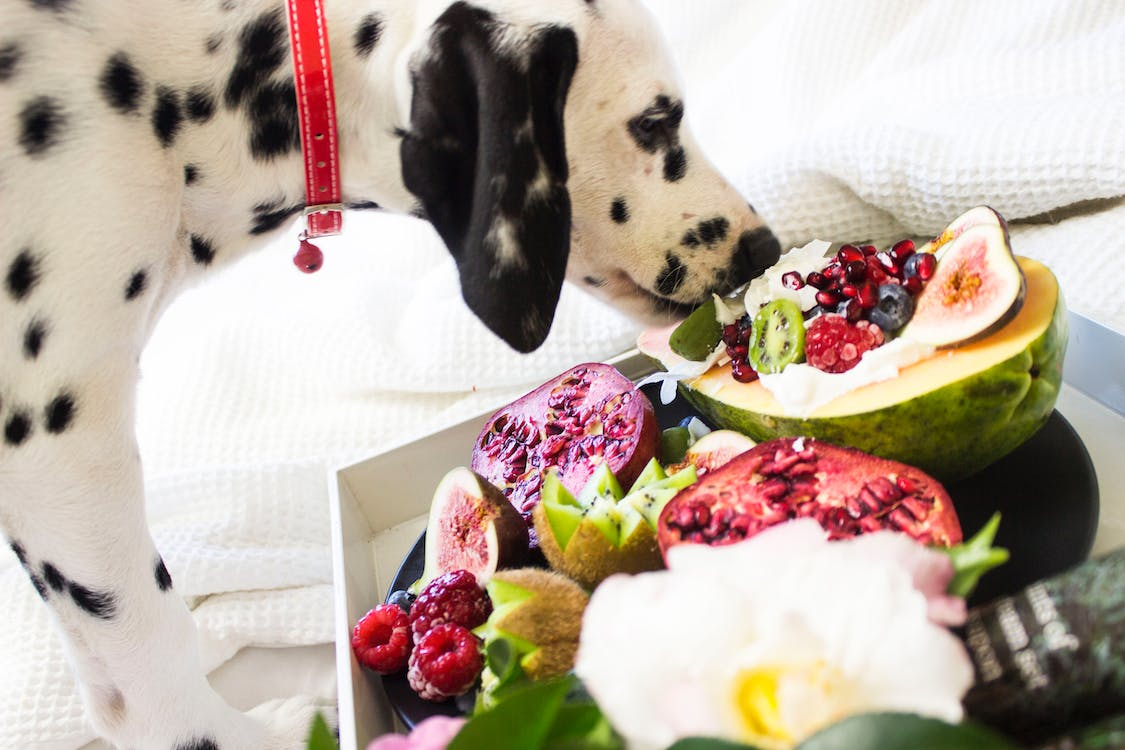You notice your female dog is disinterested in her normal food after returning from heat. While worrying, there are several normal factors during estrus that cause shifted appetite. Supportive care helps ensure your pooch is getting proper nutrition to recover.
What Happens During Heat
Canine heat cycles involve significant hormonal and metabolic shifts:
- Energy needs rise 10-20% to support hormonal surges.
- Metabolism speeds up to prepare for potential pregnancy.
- Estrogen levels peak initially, then progesterone dominates.
- Restlessness increases, reducing actual eating time.
- Stress hormone cortisol elevates due to males lurking.
- Ovulation occurs halfway through heat around day 10-14.
These systemic changes understandably disrupt normal hunger signals and eating habits in the aftermath.
Common Reasons for Appetite Loss After Heat
Several factors explain inappetence following estrus cycles:
Hormone Fluctuations – Spiking and dropping reproductive hormones alter hunger signals. Calories suddenly seem less enticing.
Metabolic Effects – Similar to human postpartum, metabolism cools off after the intensity of heat. Old eating patterns no longer apply.
Exhaustion – Dealing with suitors and restlessness leaves dogs feeling spent. Eating falls lower on priorities.
Stress – Being confined or having to fend off males causes anxiety lowering appetite.
Ovulation Discomfort – Some dogs experience temporary cramping or ovarian pain from ovulating.
Gastrointestinal Upset – Hormone and metabolism shifts may irritate the digestive tract short-term.
As hormone levels stabilize post-heat, appetite usually rebounds and weight rebounds within 1-2 weeks without intervention. But support recovery.
Getting Your Dog Eating After Heat
To stimulate your dog’s appetite after estrus:
Free Feed Initially – Leave food available so they can eat on their own terms as appetite returns. Avoid pressure.
Try Food Toppers – Increase palatability by topping kibble with broth, cottage cheese, or a scramble of egg and rice.
Exercise Before Eating – Get those natural hunger signals kicking before mealtime by taking brief walks.
Give Nutrient Boosts – Ensure adequate caloric intake despite small meals via high-calorie gel supplements.
Consider Vitamin Supplements – A multivitamin provides nutritional support if intake seems inadequate.
Let Them Graze – Offering smaller meals at more frequent intervals allows gradual reacclimation to eating.
Avoid Rich Foods – Steer clear of fatty treats or meals immediately post-heat while appetite is suppressed.
Ensure Adequate Water Intake – Flavor water or use bone broth ice cubes to encourage hydration.
Be patient and creative. With some coaxing, your pooch’s appetite should bounce back once hormone levels stabilize. Call your vet if inappetence lingers more than 1 week post-heat.
How Long After Heat Do Dogs Stop Eating?
Most dogs only show mildly reduced appetite for:
- Days 1-5: Minimal effects during peak heat mating time.
- Days 5-15: Noticeable disinterest as hormones drop post-ovulation.
Appetite typically returns to normal within 1-2 weeks after ovulation as the hormone cycle resets. If reduced intake lasts longer, contact your veterinarian to check for potential underlying issues like pancreatitis, renal disease, Addison’s disease, or cancer which require diagnosis.
How Often Should a Dog in Heat Eat?
Despite appetite fluctuations, strive to keep their diet as consistent as possible:
- Feed the normal pre-heat portion size if your dog remains interested.
- Split meals into smaller portions fed more frequently if needed.
- Mix water into kibble to add hydration if eating less kibble volume.
- Avoid skipping meals entirely to prevent glycogen deficiency.
Monitor food intake and body condition score. Weigh regularly to ensure they don’t lose excessive weight from estrus effects. Your vet can recommend nutritional supplements if weight drops become concerning.
Conclusion
Post-heat appetite changes are commonly temporary results of hormonal fluctuations, metabolic shifts, stress, and fatigue. Support your dog through this transition with patience, coaxing, frequent small meals, and vitamin supplementation until their hunger normalizes. However, contact your vet promptly if diminished food interest exceeds 7-10 days post-heat or weight loss becomes significant. Helping your dog rebound after their heat cycle ensures their good health returns quickly.


